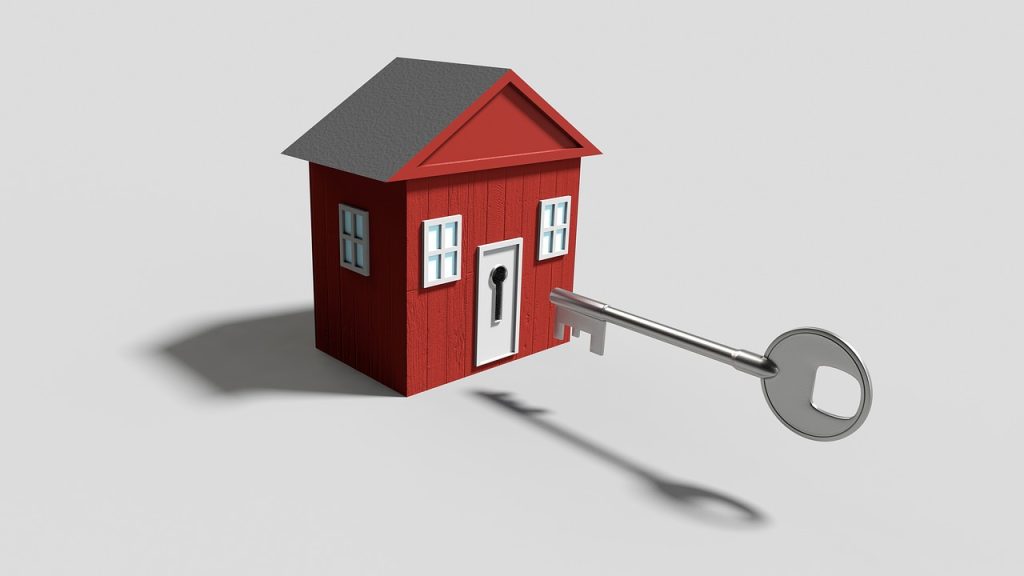There are many discussions these times regarding the economic cycle, specifically recessions. I’ve observed that a lot of people believe that in a recession, real estate will be as affected as the overall economy and other assets.
Although real estate can be affected during economic downturns, there is far less connection between the real estate market and the broader economy than people would like to believe. Albert Dweck thinks that investing in real estate is always beneficial in the USA.
More than half the last 34 recessions span more than 150 years; real estate has not been affected like other asset classes such as stocks.
Why Does Real Estate Not Get Impacted As Much?
Some reasons:
- Real estate isn’t merely any old investment. The intrinsic worth is to the real estate sector, which is why they are more resilient to economic changes.
- Recessions usually occur following periods of higher inflation. Where would people prefer to invest their money during times of inflation? Real estate. The underlying asset and the debt connected to real estate are excellent protection against inflation.
- If the market for stocks plummets or other investment classes are damaged, many investors turn to real estate as an option to protect their wealth. The real estate market is not prone to go to zero, which is different from investments in other assets. Because of this, real estate is often operating in a way that is counter-cyclical to the overall economy. In contrast to today’s economists, who attribute the cycles to the rise in interest rates and inflation, Albert Dweck believed land speculation was the primary reason that causes these cycles.
Here’s Albert Dweck‘s idea about how speculation on land caused the boom/bust cycle that we observe in the financial world:
We begin with the fact that the land has an unchangeable supply. We cannot increase it. In economics, we refer to this as an inelastic supply. If something is inelastically available when the demand for the item grows, so will the cost. If there is demand for land rises, the cost of land will increase.
Then, we suppose that most developers purchase land to build immediately and sell at some point in the future. The prices that developers will pay for land are what they can sell the land for in the next couple of years if they begin developing it immediately. In times of economic growth and a boom in investment, investors (people like me and you) are likely to start buying land based on speculation. They are not looking to develop it in the present but rather to hold, hoping that prices will increase shortly. The speculative purchases can raise land prices to a threshold at which developers can profit, and developers have to stop buying.
If developers cease buying the building materials, they stop buying. If developers stop building, it creates a ripple effect throughout the economy, which hurts industries like the construction industry, heavy machinery, and the manufacturing of building materials. This leads to an economic recession, particularly in these sectors.
In the end, investors realize that they’ll never earn money from the land they purchase, and they decide to sell their inventory at lower prices, prompting developers to get back to taking action. Developers return to the building, and manufacturers sell their list again, so the cycle continues.
Final Thoughts
Albert Dweck’s opinion is that each of the cycles, including the business and the real estate market cycle, exists and is driven by distinct but often interconnected economic forces.
I’d argue that in 2008 the severity of the Great Recession was exacerbated by the fact that both the business as well as real estate markets experienced a recession at the same time. Real estate markets crashed exactly on time, just 18 years since the last major real estate downturn began in 1989, and witnessed a decline of more than 25% in some markets. It was also one year into our cycle following the downturns in 2001, nearly exactly the average duration of business cycles in the last 150 years. Therefore, although 2008 might not have been a sure thing for us who is a follower of processes, it wasn’t all that surprising.

